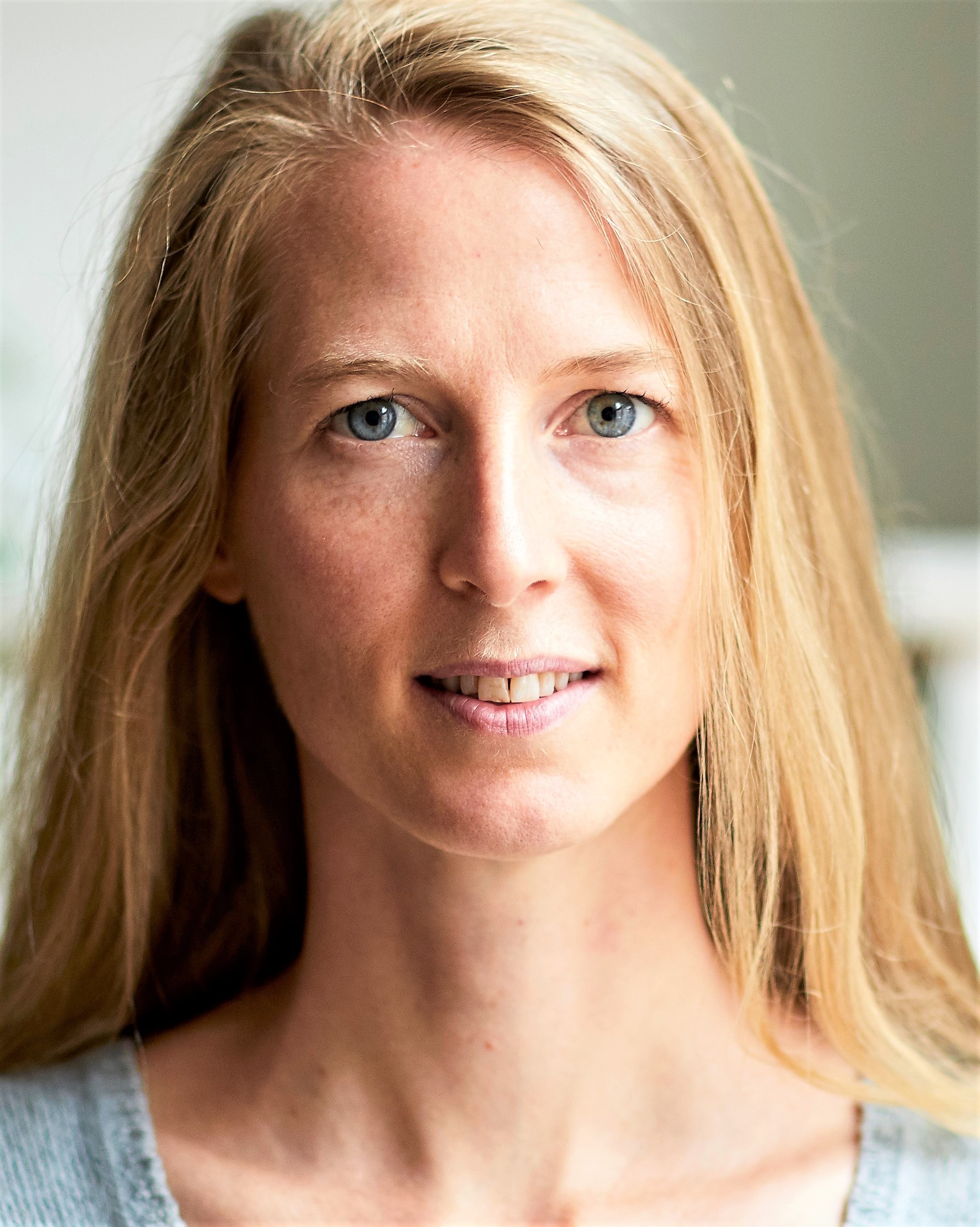Funding from Horizon Europe (HORIZON) Marie Skłodowska-Curie Actions for project on music and sleep.
MIB Assistant Professor Kira Vibe Jespersen is the Danish PI of the network including universities in Germany, The Netherlands, Spain, Sweden and Switzerland.

Lullabyte. Unravelling the Effects of Music on Sleep through Musicology, Neuroscience, Psychology and Computer Science
Doctoral Network funded by Horizon Europe (HORIZON) Marie Skłodowska-Curie Actions
The project:
Music exerts strong effects on the human brain, as evidenced by both subjective emotional reactions and overt changes in neurophysiology: lullabies are known in all cultures and times as an effective sleep aid for children and adults. However, musicology focuses mostly on musical structures, cultural practice or historical contexts, without interaction with empirical neuroscience. The Lullabyte project will for the first time bring leading researchers from musicology, sleep research, neuroscience and computer science together to fill this gap. Within the project, ten Doctoral Candidates will be trained in a radically interdisciplinary research field, and acquire profound skills relevant for industry and the cultural sector. Leveraging state-of-the-art neuroscience laboratories, big sleep datasets gathered with wearable technology, and data science strategies, the Doctoral Candidates will investigate the effects of music on the brain’s transition from wakefulness to sleep, from neurophysiological details of auditory processing in the thalamico-cortical system over changes in sleep structure induced by different kinds of music, to psychological and musicological analyses. Moreover, machine learning strategies will help to algorithmically generate novel, neuroscience-deduced music with particularly strong somnogenic effects. Beyond hands-on training in these research projects with multiple secondments between the ten consortium partners, summer schools and satellite events with active participation of trainers from innovative industry partners and artists will teach Doctoral Candidates complementary skills in technology transfer, entrepreneurship, medical device regulation and public outreach. As a whole, Lullabyte will train a new generation of interdisciplinary researchers, and thus provide the fast growing market of personalized, algorithmically generated music with both a firm scientific basis and the personnel to strengthen Europe’s position in such technologies.
10 doctoral researcher positions will be available, application starts in November 2022.
For more information on the open positions, please contact the partners directly depending on the research interest.
Partners in the network:
- Technische Universität Dresden
TUD (DE), Institute of Art and Music,
Empirical musicology, PI: Miriam Akkermann
- Radboud University Medical Center
RADBOUDUMC (NL), Donders Sleep & Memory Lab, PI: Martin Dresler
- University of Stuttgart USTUTT (DE), Institute of Parallel and Distributed Systems; Scientific Computing, PI: Dirk Pflüger
Aarhus University
AU (
DK), Department of Clinical Medicine - Center for Music in the Brain, PI: Kira Vibe Jespersen
- Paris Brain Institute (Institut du Cerveau) ICM
(FR), Hôpital de la Pitié-Salpêtrière, PI: Thomas Andrillon
FEMTO-ST Institute/CNRS (FR), Dept. of Robotics and Automation, PI: Jean-Julien Aucouturier
- Universitat Pompeu Fabra
UPF (
ES), Department of Information and Communication Technologies, PIs:
Sergi Jorda, Perfecto Herrera, Emilia Gomez Gutierrez
- Royal Institute of Technology, Stockholm KTH (SWE), Division of Media Technology and Interaction Design, PI: Sandra Pauletto
- Université de Fribourg UNIFR (CH), Department of Psychology, PI: Björn Rasch
- Endel (DE), App for personalised soundscapes to help focus, relax, sleep, PI: Oleg Stavitsky
